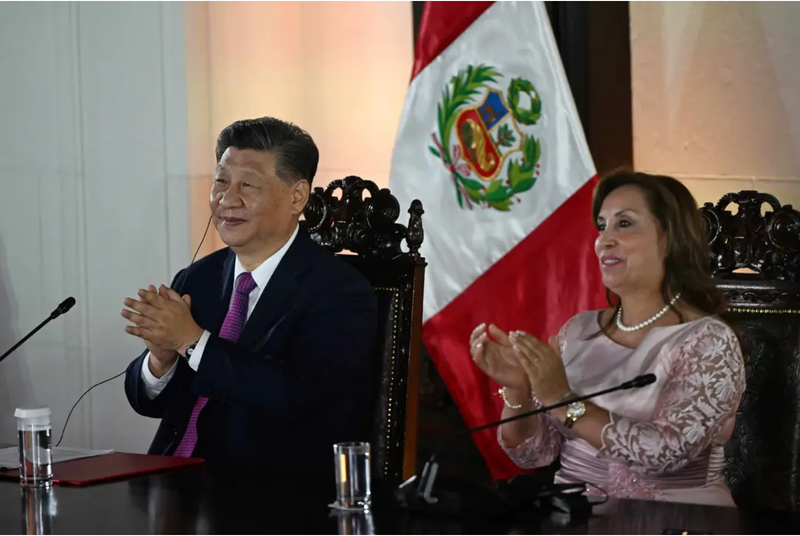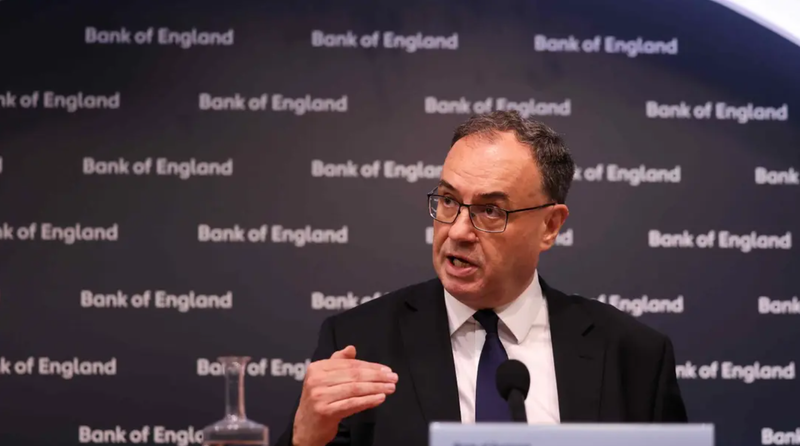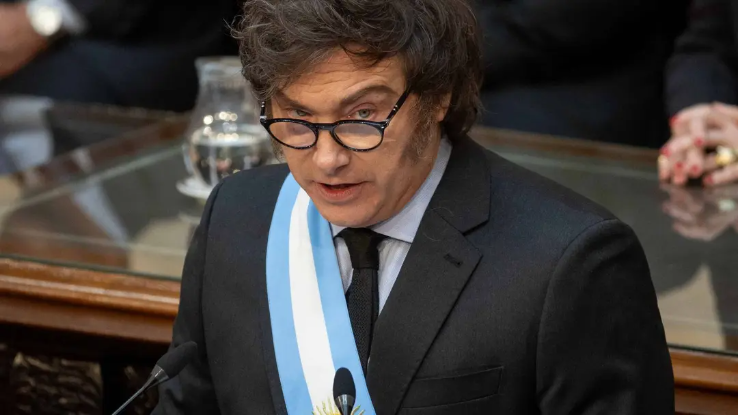Wickremesinghe: Sri Lanka May Return to Growth By Year-end
Sri Lanka's Pres. Ranil Wickremesinghe told parliament on Wednesday that he expects the country's economy to grow again by the end of the year and that the government aims to exit bankruptcy by 2026.
/cloudfront-us-east-2.images.arcpublishing.com/reuters/QDCGEIZ2IRJGBK5WOPONHIEIRY.jpg)
Facts
- Sri Lanka's Pres. Ranil Wickremesinghe told parliament on Wednesday that he expects the country's economy to grow again by the end of the year and that the government aims to exit bankruptcy by 2026.
- His speech came after hundreds of public workers stepped out of government buildings to protest the introduction of a new income tax in January, ranging from 12.5% to over 36%, as the country attempts to boost government revenue from 8.3% of GDP to 11.3% in 2023 in order to access International Monetary Fund (IMF) resources.
- Wickremesinghe claimed difficult measures are the only way to salvage Sri Lanka's economy, as the country has reportedly reached the final stage of negotiations with the IMF to secure a $2.9B loan program.
- Sri Lanka's GDP shrunk 8% last year amid its worst currency crisis ever as the rupee collapsed and year-on-year inflation reached 70%. Implemented measures are believed by some to be having a positive impact on the country's economy.
- Meanwhile, the Paris Club stated on Tuesday that its members have agreed to provide financing assurances to support the IMF's extended fund facility for Sri Lanka, highlighting efforts to restructure the country's debt as soon as possible.
- Crisis-hit Sri Lanka has suspended the repayment of almost $7B in foreign debt due this year, pending the outcome of talks with the IMF. The country's total foreign debt exceeds $51B, of which $28B must be repaid within four years.
Sources: Al Jazeera, Reuters, Bloomberg, EconomyNext, CNA, and Associated Press.
Narratives
- Anti-China narrative, as provided by Bloomberg. Despite Western creditors to Sri Lanka being fully committed to the debt restructuring process, the international effort to rescue the island nation could be delayed or complicated as China, whose lending accounted for about one-fifth of Sri Lanka's public debt last year, remains unilateral in its decision not to join them. Beijing's attitude will ensure the island nation remains trapped in unsustainable amounts of debt.
- Pro-China narrative, as provided by Global Times. China's share in Sri Lanka's external public debt is less than 10%, and Beijing has provided an extension on the debt service due in 2022 and 2023. Nevertheless, the West continues to use China as an excuse to evade its primary responsibility in reducing the debt burden for the developing world, trying to force Beijing to accept Western rules, political demands, and conditions on debt relief.






